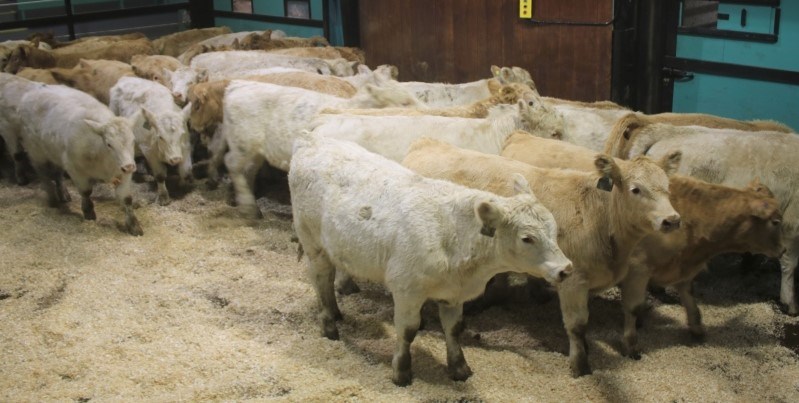“The petition, submitted to the U.S. Fish and Wildlife Service and the Centers for Disease Control and Prevention by the anti-hunting Center for Biological Diversity and the Natural Resources Defense Council, specifically seeks a ban on trade in wild mammals and birds.”
It’s an American issue of course, and hunting is not agriculture, so why is it mentioned here?
Simply put, every time some group makes a run at restricting something regarding animals, it is often designed to be a tiny step toward much bigger efforts down the road.
There are of course changes which have been called for that have made great sense; such as the move away from leg hold traps by hunters, the clubbing to death of seals and better regulations when transporting stock.
But farmers need to be watchful to make sure lines are not blurred and crossed.
There is an active effort stateside to end the slaughter of horses.
One is left to wonder how many people want to feed horses until natural death after they have passed their usefulness?
Of course there are those calling for the end of many long held uses for horses too, in particular racing and equestrian jumping.
One wonders where all the limitations might ultimately leave the horse? It might well mean some breeds would simply go extinct with no purpose remaining.
Others work to ban flying pigeons in competition, and the list grows.
We know there are pressures on how chickens and pigs are raised, and cattle are fed in feedlots. In some cases changes are warranted, but for many lobbyists the only end they will be satisfied is with stock no longer raised.
The concern has to be there, especially with the growing disconnect to farms.
It wouldn’t be too difficult to find those in Saskatchewan cities who have not set foot on an active farm.
In Vancouver, or Montreal, Toronto, Winnipeg, or Edmonton it is likely a challenge to find people who have been on a farm.
Yet in the big cities the masses carry a big voice backed by their votes.
And those they are voting for likely have limited, if any connection, to farming, or hunting.
How producers inform those people about their good practices and about what they do having merit, is increasingly a challenge, and meanwhile the agenda of those wanting hunting and livestock farming ended creeps ever forward.

